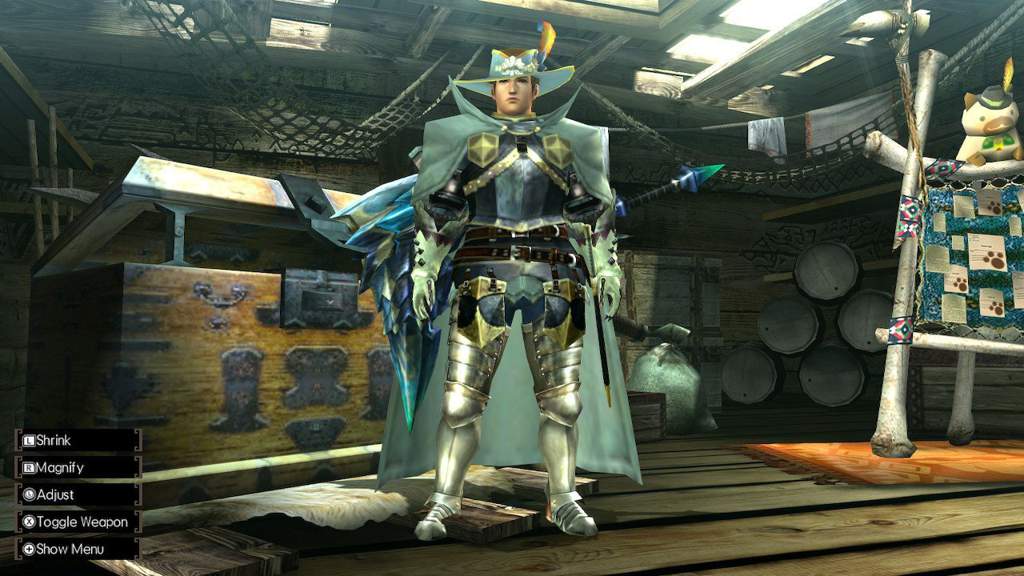
He also notes accounts of a woman who spent time obsessively cleaning her Sims apartment, who noted herself that, ironically, her real home was a mess.

The methodical backing up that many of us do with our online data constitutes a careful “curatorial ritual,” according to Belk. Belk’s article itself noted incidents where users reported significant feelings of grief and anguish when their virtual goods are devalued, lost, or “stolen.” Yet, virtual goods have already become as important to many people as physical ones, online and off. Likewise, your Facebook profile, timeline, and friends may only act as part of your extended self for those granted access and only while they are online.” He posited that, because they lacked tactile elements of physical goods, and because they were endlessly replicable, they wouldn’t be able to reach the same level of the emotional value as physical objects: “For example, possessions in Second Life may only be seen as part of extended self by other residents of Second Life. There is one thing Belk didn’t foresee: the extent to which our digital possessions would take hold of our sense of ourselves. For example, we might buy a coat to keep us warm, or we might buy it because it looks great on us, even if we have a perfectly serviceable one already.īelk writes that the reasons behind spending on digital goods “are similar to those for acquiring material consumer goods: gaining status and prestige as seen by other players, solving real or imagined problems, expressing identity, increasing attractiveness to others, and marking group identity”. Though we may think that the value objects carry in the physical world are tied to their utility, many of the reasons we buy things have nothing to do with the fact that we can hold them and touch them. “Even in games whose goal is not to accumulate things and show them off (e.g., World of Warcraft, EverQuest, Maria) players advance by acquiring magical swords, armor, weapons, and sacred items.“Second Life and Ultima Online have generated lucrative markets for ‘skins’ (avatar looks), virtual clothing, furnishings, art, electronics, cars, and boats.”.“In Habbo Hotel, teenagers buy their avatars fashionable clothing and furnish their guest rooms with trendy furniture.”.“In Gran Turismo, players progress through the game by buying ever more expensive branded cars.”.He highlights examples of games that thrive on players spending real money on in-game assets: In reality, the Carlings digital collection is the natural evolution of a digital goods economy that has been thriving for years.Īs Belk writes: “In 2007 there was estimated to have been $1.5 billion in sales of virtual goods either within the game realm, on eBay, or on specialized sites selling virtual artifacts for real money.” They are composed of electronic streams of ones and zeroes that may be stored locally or in some hard to imagine cloud.įor example, rather than a row of records, CDs, or DVDs that we can handle, rearrange, examine, and dust, our music has come to reside somewhere inside our digital storage devices or on servers whose location we will never know.Īs the digital age evolves and we increasingly move our possessions online, our “extended self” moves with them. Today our information, communications, photos, videos, music, calculations, messages, “written” words, and data are now largely invisible and immaterial until we choose to call them forth.


Belk highlights how much we associate objects and possessions-photographs, collections, clothing, souvenirs-with our sense of self. Belk wrote about the “Extended Self in a Digital World” examining the implications of this trend. In the Journal of Consumer Research, Russell W. The only difference is that now, our possessions are increasingly online. It’s the web version of a psychological phenomenon as old as consumption itself: a sense of our extended self in our possessions. Are people so vain that they’ll spend money just to post something to Instagram?”īut Carlings dress isn’t a symptom of newfound vanity. One writer, describing his initial reaction to finding out about it, wrote: “My first reaction to this concept of digital-only fashion was a bit of old man yelling at clouds. Not too long ago, this would have been decried as a scam. “Are people so vain that they’ll spend money just to post something to Instagram?”


 0 kommentar(er)
0 kommentar(er)
